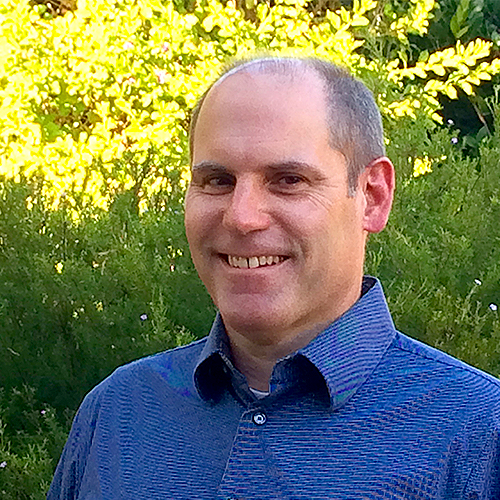Former Patient Successfully Returns to His Career As a Video Editor

Los Angeles-based Casey Dake has worked as a talented film and video editor for his entire career. Video editors are valued for their advanced digital technology skills and personal qualities such as creativity, patience, and attention to detail. But when Casey suffered an acquired brain injury (ABI) in 2018, he was left with severe cognitive impairments that affected his ability to meet the demands of his profession.
Not only was Casey able to overcome his deficits, but he also returned to work as a full-time video editor upon completion of his CNS program - which had been his main goal since sustaining a brain injury.
On the evening of December 29, 2018, Casey recalls experiencing mild flu-like symptoms, “I felt like I might be catching a cold or something, but nothing major and I went to sleep as usual,” he shared. But in the early morning hours of December 30, 2018, Casey suffered a tonic-clonic seizure, a type of seizure that involves a loss of consciousness and violent contractions, and was rushed to his local emergency room (ER), where he soon after suffered a second seizure.
Casey learned that the seizures were caused by encephalitis, an inflammation of the brain caused by an infection. The after-effects of encephalitis also left him with an ABI and severe cognitive impairments in attention, concentration, and memory.
After spending several weeks at Los Robles Hospital and Medical Center in Thousand Oaks, California, Casey was admitted to the outpatient brain injury rehabilitation program at CNS Los Angeles on January 22, 2019.
“CNS came highly recommended, and I quickly understood why,” he said. “The patience and dedication of the CNS staff were only surpassed by their enthusiasm and willingness to share a laugh. I gave them all of my trust, and I never regretted doing so.”
In the early days of his recovery, Casey attended therapy five days a week, where he was provided with a full spectrum of intensive rehabilitation including cognitive, educational, physical, occupational, and vision therapies.
“Staying on task was one of the hardest things for me because of my impaired attention and concentration skills,” he said. "My cognitive therapist, Shannon Gilliam, helped me relearn how to control my attention through timed exercises designed to teach me how to focus on tasks for short periods."
Casey’s wife and daughters began to notice his improvements, and soon he began to notice his progress too. “I could tell that I was improving, and it gave me confidence,” he said.
With the support of his CNS therapists, Casey took on the first video editing project since his injury - an anniversary celebration video of the elementary school where his wife worked. “It turned out great, and my therapists were keeping tabs on my progress the whole time,” he laughed.
Casey continued to meet his therapy goals, reducing the number of rehabilitation hours needed per week. By May of 2019, he had improved so much that he started to work freelance, editing projects for former clients, and received positive feedback for his work.
On October 15, 2019, Casey successfully completed his CNS program and was offered a full-time video editing position, which he happily accepted. Through dedication and commitment to rehabilitation, Casey overcame his cognitive impairments, achieved his goals, and returned to his career as a video editor.
“Seeing the strength of my fellow patients and the genuine care of CNS staff throughout my rehabilitation was both an inspiration and an important source of friendship,” Casey said.
“Thank you for the memories, CNS,” he stated. “And I mean that literally!"

